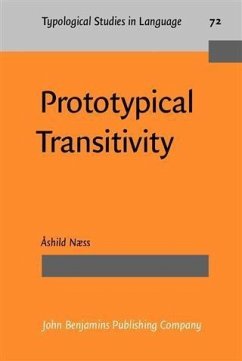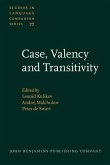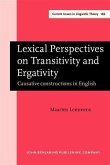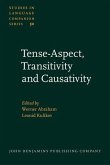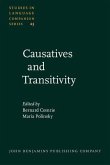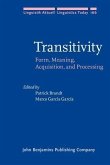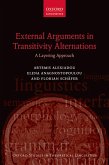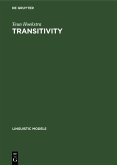This book presents a functional analysis of a notion which has gained considerable importance in cognitive and functional linguistics over the last couple of decades, namely 'prototypical transitivity'. It discusses what prototypical transitivity is, why it should exist, and how it should be defined, as well as how this definition can be employed in the analysis of a number of phenomena of language, such as case-marking, experiencer constructions, and so-called ambitransitives. Also discussed is how a prototype analysis relates to other approaches to transitivity, such as that based on markedness. The basic claim is that transitivity is iconic: a construction with two distinct, independent arguments is prototypically used to refer to an event with two distinct, independent participants. From this principle, a unified account of the properties typically associated with transitivity can be derived, and an explanation for why these properties tend to correlate across languages can be given.
Dieser Download kann aus rechtlichen Gründen nur mit Rechnungsadresse in A, B, BG, CY, CZ, D, DK, EW, E, FIN, F, GR, HR, H, IRL, I, LT, L, LR, M, NL, PL, P, R, S, SLO, SK ausgeliefert werden.

